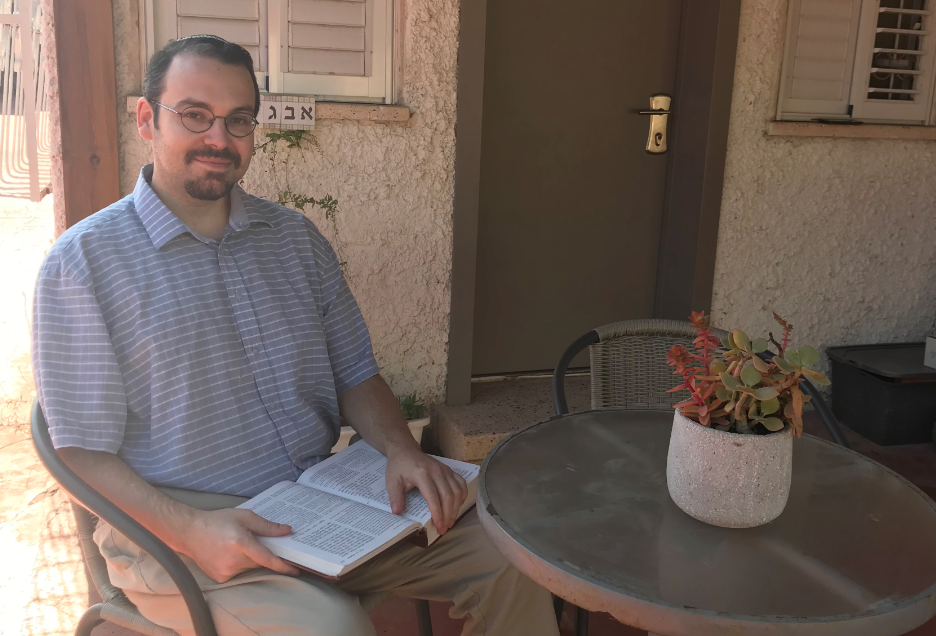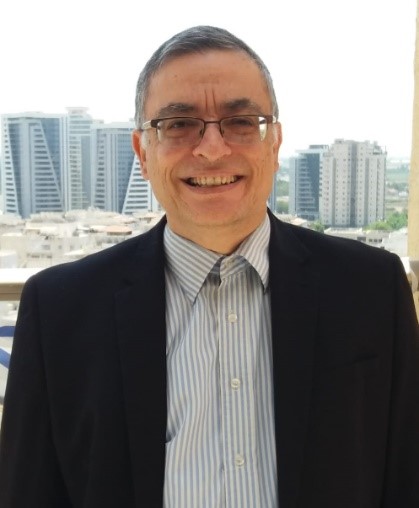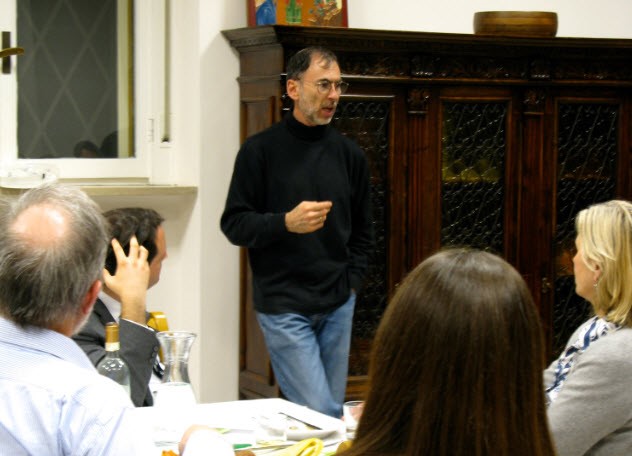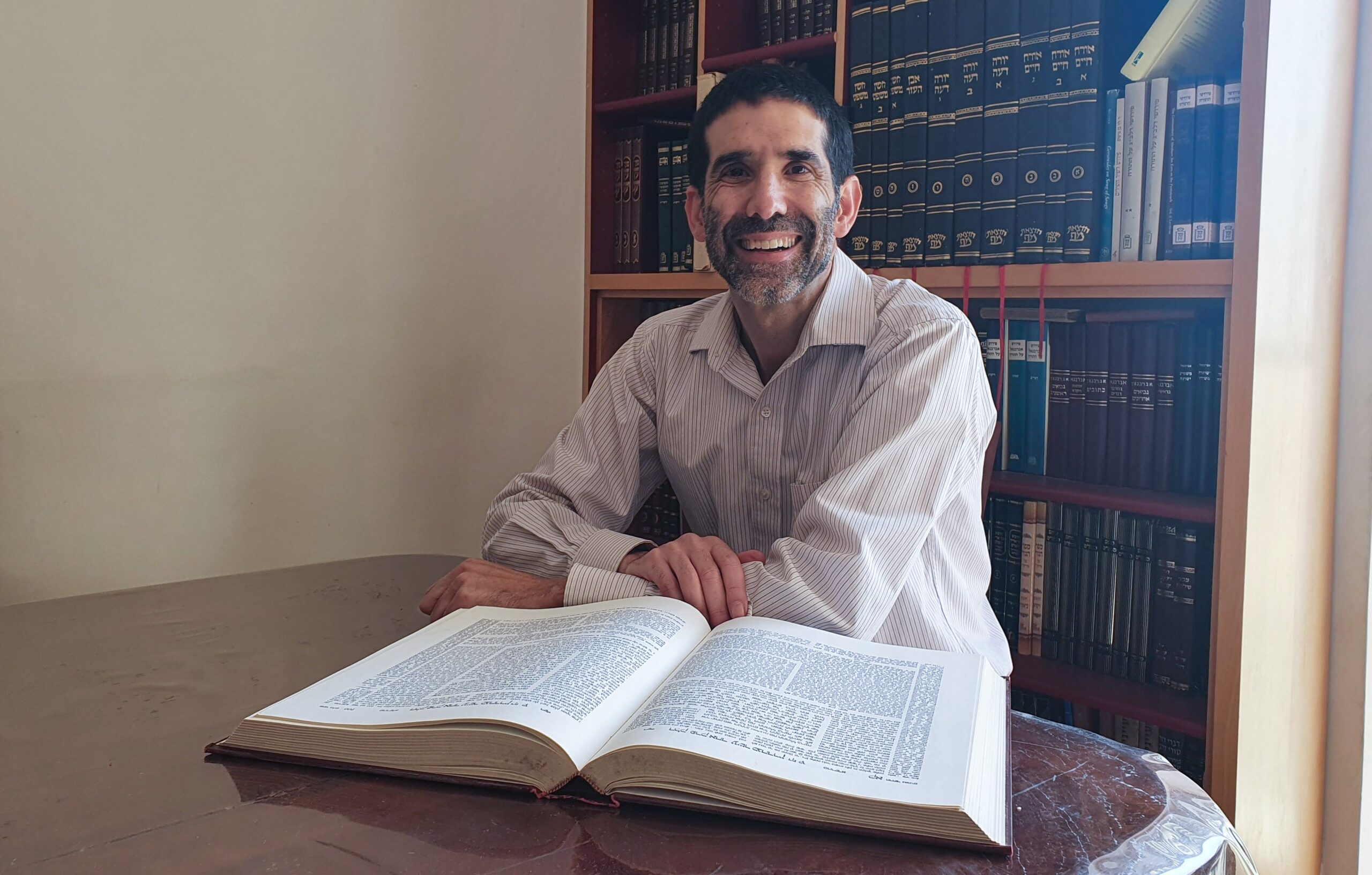Collaboration between universities has never been easier, and now more than ever, it has become customary to form global partnerships and foster relationships with other universities.
Due to advances in technology and unhindered communication channels, universities are making the most of the opportunities to connect faculty and students in ways that were not as popular before the Coronavirus pandemic halted international travel.
Bar-Ilan University has a strong history of successful collaborations. Not only are there more than 100 international academic research collaborations through 55 research centers, but the university also has numerous partnerships between its eight faculties or their individual departments and their counterparts worldwide.
This year, Bar-Ilan University’s International School teamed up with its international students to reach out to their alma maters to consider new collaborations. The initiative is the brainchild of the International School’s Marketing and Recruitment Director, Dafi Forer-Kremer.
“As part of our continued internationalization and ‘ambassadors strategy’, we spoke with our Master’s and PhD students and alumni and asked them to reconnect with their previous universities to see if there was any interest in collaborating with us,” said Forer-Kremer. “The response has been remarkable. We already have a few collaborative initiatives in the pipeline and one that has already begun.”

Yoni Brukirer was responsible for connecting BIU and JTS
The successful collaboration between Bar-Ilan University’s Zalman Shamir Bible Department and the Jewish Theological Seminary (JTS) in New York was brokered by Yoni Brukirer, a JTS graduate and current PhD student in Bar-Ilan’s Biblical Studies program, who was happy to help connect the two universities.

PROF. MICHAEL AVIOZ
Biblical Studies at Bar-Ilan University
Bar-Ilan’s Bible Department has the largest program of Hebrew Bible studies in the world.
“Comparing our Department of the Bible to other equivalent departments around the globe, I find our department very unique,” said Prof. Michael Avioz, former head of the department and now working on international initiatives.
“While other Bible Departments have only a few scholars focusing on biblical studies per se, we have 15 faculty members dealing with the literary analysis of the Bible, biblical interpretation through the ages, the Bible and the ancient Near East, Qumran Scrolls, Aramaic studies, iconography, feminist biblical interpretation, and more. I cannot name even one department around the world that has such diverse disciplines.
“Bar-Ilan University is known for its excellence in Jewish studies, and if one would rate universities around the world focusing on Jewish studies, Bar-Ilan would definitely be rated among the top three,” he said.
An International Connection
The new collaboration between the Bible Department and the JTS got off to a successful start in October this year. Prof. Yosef Ofer, head of Bar-Ilan’s Bible Department, was the first in a long line of planned sessions.
He spoke to the Masorah Study Group at JTS, which investigates the extensive system of notes recorded in biblical codices and independent works as developed by the Masoretes, medieval scholars who sought to preserve the written text of the Bible. His subject was “The Masora Comment on the Interchange of the Accents Zeqef and Tevir in Similar Verses and its Development.”
Since Prof. Ofer’s inaugural session, two more online sessions have taken place.
Prof. Robert Harris, chair of Hebrew Bible and its Interpretation at JTS, spoke at a seminar of the Bible department comprising faculty and graduate students on November 12. His topic, “From Charlemagne to Rashi: The Emergence of a Literary Methodology in 11th- and 12th-Century Northern France”, related to a chapter in his current book-in-progress, “The Reinvention of Reading During the 12th Century Renaissance”.

Prof. Robert Harris, chair of Hebrew Bible and its Interpretation at JTS
Prof. Eric Lawee, a professor in Bar-Ilan’s Bible Department, gave the third talk to a class of Prof. Harris’ students. Titled “The Human Element in Prophecy: The Humanist Biblical Scholarship of R. Isaac Abarbanel and Its Critics,” it explored the approach to Jeremiah of Isaac Abarbanel, the leading Jewish Bible commentator of the turn of the 16th century, and the ways in which it marks a transition from medieval to modern scriptural scholarship.
The first two talks were in Hebrew, while Prof. Lawee’s was a mix of Hebrew and English. English sessions are also planned for future discussions to enable more faculty and students to participate.
Both professors Harris and Lawee were complimentary about their respective colleagues’ presentations.
“Prof. Harris’ talk was incredibly well-received. It was a tour de force of methodologically precise cross-cultural learning that traced the consequential movement from traditional midrashic forms of interpretation to the new ’plain-sense‘ (peshat) approach pioneered in the great school of Hebrew biblical scholarship founded by Rashi,” said Prof. Lawee.
Speaking about the Zoom platform, he commented, “The technology created a lively and interactive learning community that augurs well for our larger plans to share intellectual undertakings and scholarly adventures with the faculty and students of JTS in the future.”
Prof. Harris said about Prof. Lawee’s session, “WOW! What a fantastic shiur (lesson). Your analysis of Abarbanel’s biblical hermeneutics within the context of the Italian Renaissance was both eye-opening intellectually and immediately accessible to a classroom mixed with rabbinical, graduate, and undergraduate students.
“I am certain that I speak for all of us how very grateful we are that you arrived today, so to speak, at 3080 Broadway, to teach and to share your Torah with us (Torat Abarbanel and Torat Lawee).
“We are all assuredly suffering in a pandemic-filled world, but the fact that we can take advantage of technology and Zoom you into our classroom does somewhat ameliorate our circumstances,” he said.
Everyone at both institutions greeted the prospects for collaboration enthusiastically and endorsed moving ahead by scheduling several more programs for the current year despite obvious limitations due to COVID-19 restrictions.
The Importance of Partnerships
Asked why he believed it was important to collaborate with other universities, Prof. Lawee said he can think of a variety of reasons.
“One, sadly, is the impact of cuts in many universities, especially in the Humanities. In Jewish Studies, for example, my former home institution now has a single person teaching Judaism prior to very modern times. Contrast this with an institution like Bar-Ilan, where Jewish Studies flourishes,” he said.

Prof. Eric Lawee, a professor in Bar-Ilan’s Bible Department
“Consider, for example, our Department of Tanakh/Bible. We can be a huge resource for institutions abroad with gaps in their curriculum. While no department can hope to cover the totality of scholarship in the multi-discipline that is biblical studies, our department offers extremely impressive coverage across a wide variety of research disciplines with special strengths and uniqueness in key areas.
“The department boasts world-renowned research in epigraphy and the range of issues encompassed by the label ‘Masorah’. In terms of genre, an unusually large number of scholars conduct research into biblical narrative. The department harbors additional strengths in the history of Jewish biblical interpretation, a topic where one can count almost on one hand the number of institutions internationally who deal with this topic,” said Prof. Lawee.
According to Prof. Harris, the wider the circles, the more interesting the discussion. “As individuals and even as members of one faculty or department, we often unknowingly find ourselves living in an echo chamber. By expanding the circle, we gain insight in all sorts of ways we might otherwise have overlooked.
“This partnership works because both JTS and Bar-Ilan passionately believe in an academic scholarly approach to the historical literature of the Jewish people, while at the same time, both remain committed to living fully Jewish lives in commitment to the goals and aspirations of that literature.
“While the communities that associate with the two respective institutions may differ with respect to how that commitment may be expressed, I fully believe that the overlap of the things we share, in observance and theology, far outweigh those differences,” Prof. Harris said.
Future Plans
While the collaboration is still in its infancy, all parties involved agree on the way forward.
One part of the plan is to enable students to take courses (for credit) through an international student exchange program. On the Bar-Ilan side, this will be handled by its International School. Many of these courses will be taught in English, but Hebrew-fluent JTS students will also be able to take courses currently offered only in Hebrew at Bar-Ilan.
Another part of the plan is to encourage an exchange of faculty to teach at the other institution – online during the pandemic and a mix of online and in-person once it is over. Many other possibilities are under discussion.
“During the pandemic and then beyond, I hope that our two institutions develop and expand our current level of cooperation,” said Prof. Harris.
“Whereas currently we are ‘exchanging’ professors for individual talks and input into our current course offerings, I hope that we will be able to actually exchange professors to give full courses on the other’s campus and to eventually invite students to enroll in courses while still officially based at their own universities. Post-pandemic, I hope that students and faculty alike will spend time on the other institution’s campus,” he said.
Networking through Partnerships
While a collaboration of this nature is fairly new to Prof. Lawee, he is no novice when it comes to networking with the connections he’s made over the years.
“Let me tell you a wonderful story of how scholarly ‘collaboration’ fueled my current research project supported by the Israel Science Foundation (ISF) at the most basic level,” he said. “I am, among other things, studying a 14th-century Torah commentary that survived in a single manuscript. The manuscript was plundered from the Viennese Jewish community by the Nazis just prior to the onset of World War II.
“It was intercepted at the end of the war, along with a huge treasure trove of Jewish cultural artifacts, by the Red Army and ended up in the Russian State Military Archives in Moscow. I had no way to access this work, but for a small portion printed in the 1960s.
“A scholar in France put me in touch with a scholar in America, someone I did not know at all. She visits the Russian archives regularly. Out of the goodness of her heart, she helped me to obtain digital copies of the work. As a result, this work will be recovered for academic study – and for the Jewish people – after the oblivion into which it had fallen,” Prof. Lawee explained.
The more collaborations that take place through the university, the smaller the world becomes, and the wider the reach when it comes to making new discoveries.
Contact Us for More Info
Leave your details and we’ll get back to you soon

